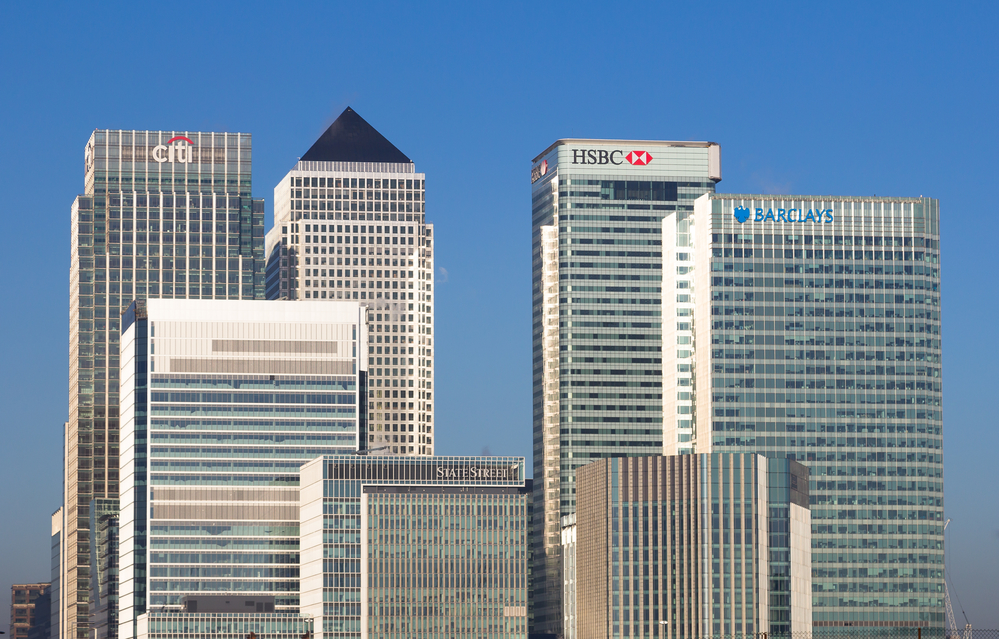Banking is about to be “Uberised” thanks to the rapid growth of peer-to-peer lender platforms, the Financial Times reports.
FT journalists Laura Noonan and Martin Arnold point to a profusion of predictions that the banks are heading for similar losses of market share to those being suffered by traditional taxi drivers by ride-hailing service Uber.
Rising numbers of private investors and hedge funds have turned to marketplace lenders in recent years, enticed by the low interest rates and high yields these platforms offer. P2p platforms match lenders and borrowers directly, outperforming banks by offering cheaper, faster and more convenient loans to borrowers and significantly higher yields to investors.
According to Noonan and Martin, entrants into the peer-to-peer lending market have been “aggressively seizing business from banks that have been reducing the riskier parts of their balance sheets in the face of heightened regulatory scrutiny.”
And the threats to the banks from the finance-technology (FinTech) sector show no sign of abating: there are now not only online lenders in consumer loans but new payment processing entrants and challenges to asset managers from new “robo-advisers” – platforms that create automated portfolios for investors.
Ominously, the recent global banking annual review from global management consultancy McKinsey forecast that competition from the FinTech sector will slash the global banking industry’s profits from non-mortgage retail lending (like car loans and credit cards) by 60 per cent and revenues by 40 percent in the coming decade. Between 10 and 35 percent of profits and revenues will be lost from payment processing, SME lending, mortgages and wealth management, the report also predicted.
And there’s more. New data from analysis firm Preqin shows that, worldwide, investors have raised nearly $80bn for direct lending funds over the last two years alone, tapping into growing demand from SMEs for alternative sources of finance.
The FT report cites claims from peer-to-peer lenders that their algorithmic credit scoring is at least as good as the banks. But there’s another peer-to-peer lender that breaks with the whole necessity of credit rating altogether: Unbolted believes that people of good character who may be temporarily cash poor but asset rich – i.e., they own a high value possession of some sort - should have access to p2p borrowing too.
The model of lending at Unbolted combines all the advantages of digital lending platforms (e.g. the greater efficiency and lower costs that come from not operating expensive physical branches or costly legacy IT systems) with an entirely novel method of offering secured asset loans.
Loan applicants to Unbolted, whether they’re SME owners, individuals or art dealers, never have to fear the intrusion and potential harm of a credit search. Instead, they place a valuable asset they own under the control of Unbolted, who keep it in secure storage for the duration of the loan. The asset is evaluated by Unbolted’s specialist partners to determine the price it would achieve upon re-sale in a secondary market. The loan is calculated according to that value and can usually be released within a day of the asset physically arriving at Unbolted. Thereupon, it acts as collateral for the loan. If the borrower can repay, the asset is returned. If not, the asset is sold at auction (any excess above the agreed valuation price will be given to the borrower).



 WhatsApp Us
WhatsApp Us


